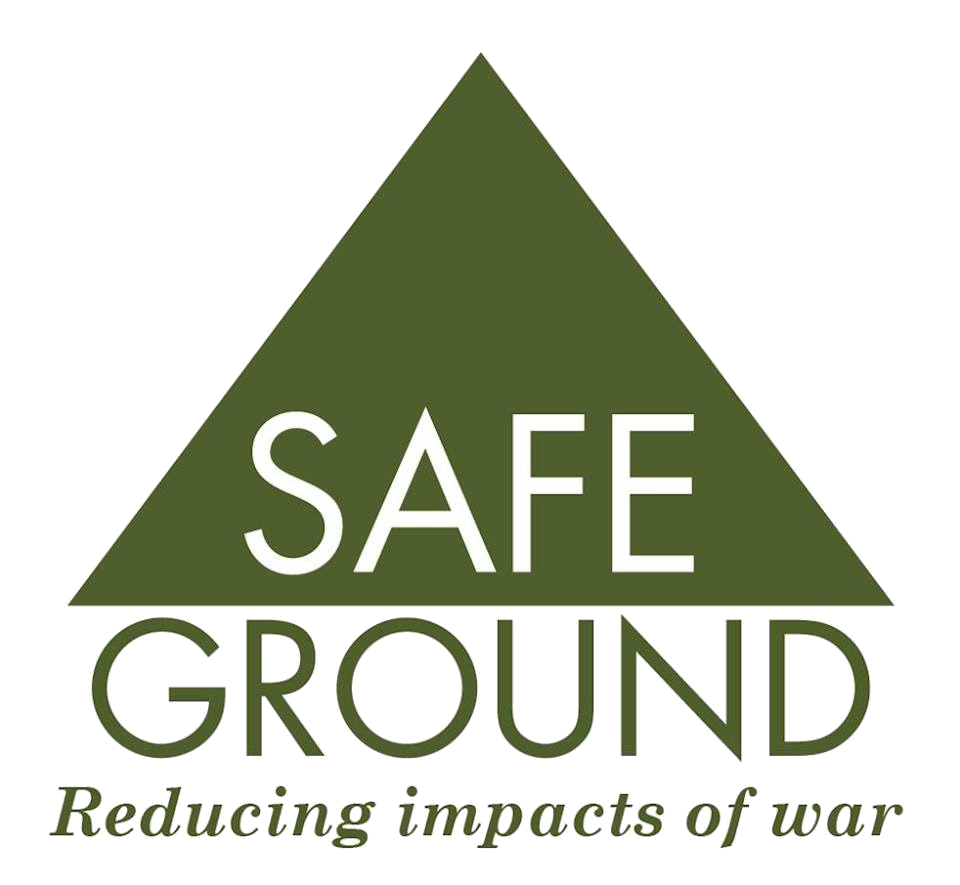Sixth anniversary of the Convention on Cluster Munitions
This month we celebrate the six-year anniversary of the Convention on Cluster Munitions, which entered into force on August 1, 2010. SafeGround was actively involved in the movement to bring about the treaty, under our former name, the International Campaign to Ban Landmines – Australian Network Inc (ICBL-AN Inc). The Convention on Cluster Munitions opened for signature on December 3 2008, with an initial 94 states committing to its aims; this has since grown to 100 States Parties and an additional 19 signatories.
SafeGround activists and researchers John Rodsted and Mette Eliseussen carried out a second Ban Bus campaign throughout Europe, ending in Oslo in time for the signing of the treaty. The 2008 Ban Bus tour focused on the urgent need for a ban on cluster munitions and capitalised on their earlier successful tour of America and Canada, which helped to bring about the historic 1997 ban on landmines. The Ban Bus tour of Europe was able to effectively communicate the dangers of cluster weapons to an international audience, and garner support for the treaty.
Since this time, SafeGround has continued to be active both within Australia and internationally, most intensively during development and debate of Australian domestic legislation on cluster munitions. The Criminal Code Amendment (Cluster Munitions Prohibition) Act 2012 became law in August 2012 and Australia formally ratified the convention on October 8 2012 The Convention and legislation entered into force in Australia on the April 1 2013.
SafeGround, along with the International Committee of the Red Cross (ICRC), the Human Rights Clinic of Harvard Law School and many other organisations questioned whether the Australian legislation was adhering fully to the spirit of the convention. The Australian law that implements the Convention within our criminal justice system provides space for acts that are contrary to the aim banning cluster munitions.
Australian implementation law allows:
- Australian troops to be involved in the use of cluster munitions, when engaged in joint military operations, in direct contravention of the prohibition to assist
- Non-party states to stockpile and transfer cluster munitions on Australian soil;
- Public and private investment in the manufacture of cluster munitions or their principal components.
The Australian government’s interpretation of the convention is contrary to both the language of the treaty and its underlying aim. It appears that though Australia has ratified the treaty, there are still loopholes that can be exploited.
Australia clearly has a complex relationship to cluster munitions, which means that while we’ve come a long way, we’ve still got work to do. SafeGround, as a member of the Cluster Munition Coalition, will continue to advocate for Australia to implement strong and unequivocal cluster munition legislation in line with the spirit of the convention.
The Convention on Cluster Munitions came into being because millions of people across the world demanded an end to the use of such an indiscriminate legacy weapon. To be a responsible international citizen Australia must implement the convention in a robust and complete manner.
